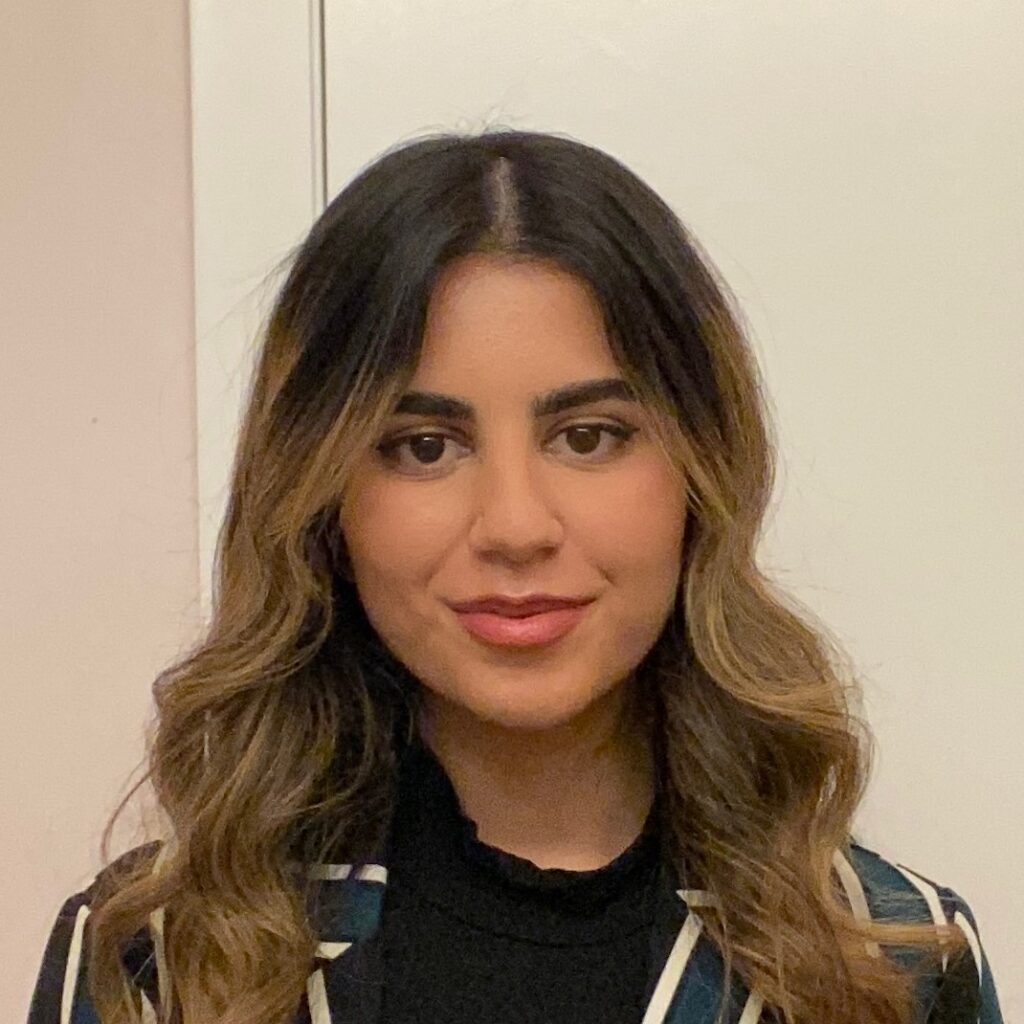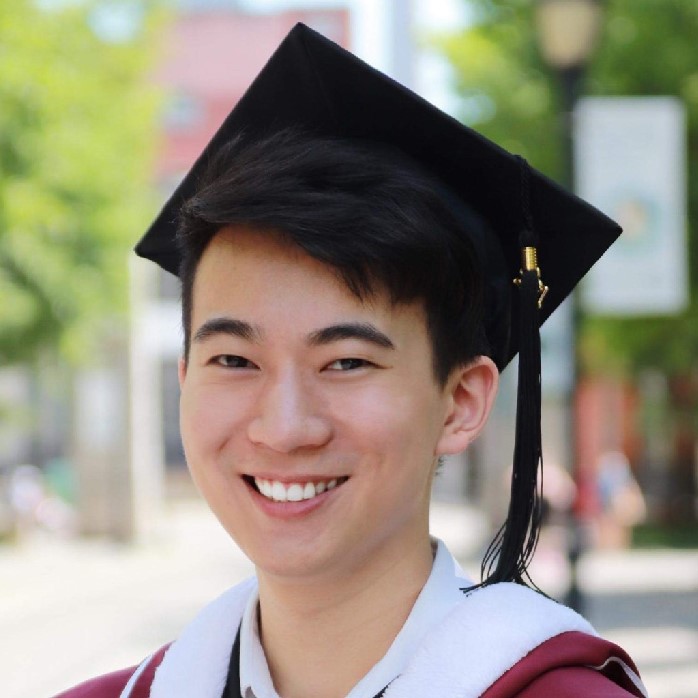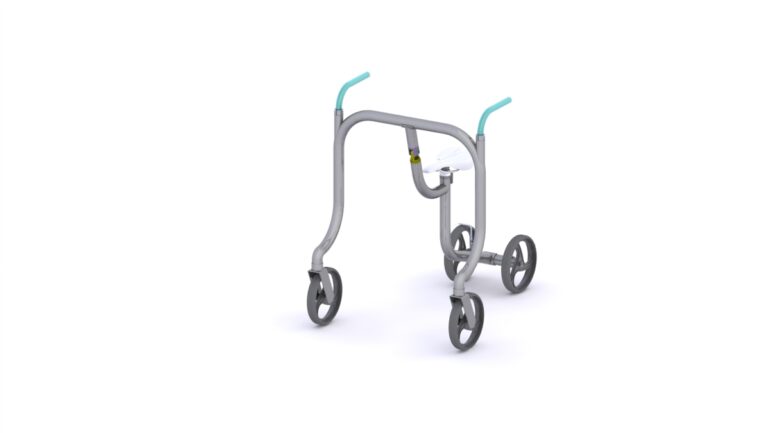Adeen Rizwan, Jonathan Reyes, and Kent Hsieh won this year’s BME Capstone Director Award for their consultation and proposed improvements on a mobility device. This project was conducted in collaboration with BiKube, a Vancouver-based company that specializes in developing mobility walkers for individuals with arthritis, obesity, mild MS/ALS, or those requiring physical treatment, to walk around freely. This project collaboration was facilitated through the BME’s Minor program.
The goal of the capstone team is to improve individual’s independence so that they can maintain their daily lifestyle and routine.
“The device allows individuals with mobility issues to walk upright, which allows them to use their hands for a number of activities, like using a computer or to cook, while still being mobile,” said Reyes.
One of the challenges the company had to overcome was to translate this product to an outdoor environment, this is where the capstone team came in.
“We first tested the existing device and whether it was feasible to use the indoor device as an outdoor device. We found the wheels were way too small to navigate through various outdoor terrains. We had to first create software models to the existing commercial prototype, and then had to install these components to test them out on ramps, dirt, and grass.” said Hsieh, “After noting down all these things, we interviewed some potential users and got some feedback.”



Despite the lack of in-person interactions between the team with clients and amongst themselves, these students built a robust communication workflow to overcome this problem.
“We used a lot of FaceTime, Zoom, Microsoft Teams to communicate with clients and amongst ourselves. Jonathan and Kent would test the device at UofT and FaceTime me with the test results” said Rizwan, “I would then purchase the necessary parts and drive it to them. We formed our own mini supply chain and did the best we could during the pandemic to complete this project.”
Despite being a class project, these students believe their consultation and engineering efforts will be implemented by their commercial partner, BiKube.
“Our client worked with us throughout the entire design process over a year. So by the end, what we presented to him was in line with his vision for the product and for his brand of products,” said Reyes.


